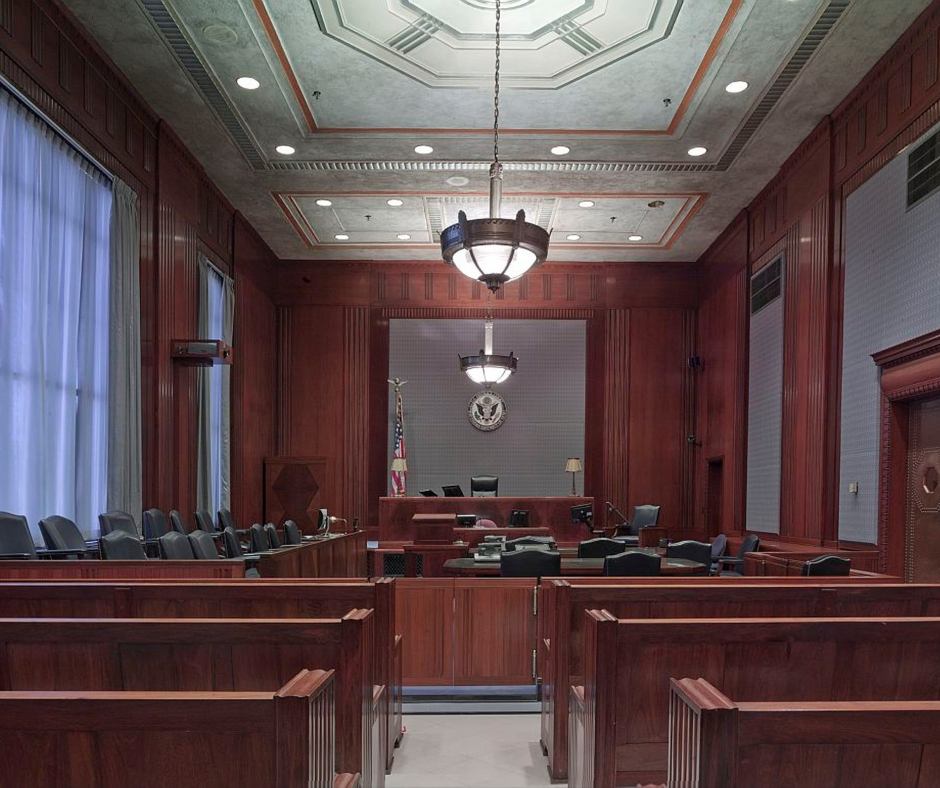The cryptocurrency service Coinbase is providing financial support for a lawsuit filed against the Treasury Department after it penalized the cryptocurrency service known as Tornado Cash. Coinbase and other crypto users claim that penalizing the service is both uncalled for and potentially dangerous, while the Treasury Department accused the service of enabling money laundering. Shortly after the lawsuit was filed, the Treasury clarified its stance on when users could legally access the service.
Tornado Cash is a service that mixes crypto deposits to increase anonymity. The process that the service uses effectively separates the initial deposit from the withdrawal for those same funds, meaning one party can deposit cash in crypto, have it mixed, and then have funds sent as a withdrawal that does not appear linked to the original depositor. A benefit of this type of service is making anonymous donations.
However, it also makes money laundering easier, and that’s what the Treasury Department is accusing Tornado Cash of doing. The Department says billions of dollars were laundered for North Korean groups.
Tornado Cash uses open-source software, and the idea of sanctioning open-source software opens the door to potential abuse down the road, in the eyes of the users and employees who are suing the Treasury Department.
It should be noted that the Treasury issued more information about what exactly is penalized regarding Tornado Cash in the days after the lawsuit was filed. According to Coindesk, the Treasury has said the penalties do not refer to accessing the code itself for legal purposes or to accessing Tornado Cash on internet archives. However, Paul Grewal, who is Coinbase’s chief legal officer, told CNBC that sanctioning open-source code could create a precedent that allows any technology to be sanctioned, effectively removing access for all users from that technology. Grewal compared the situation to banning the use of a highway because some robbers once used it to get away from police.
This is not the first time the Treasury Department has penalized software and blacklisted it through the Office of Foreign Assets Control. The first was Blender.io, which was sanctioned in May 2022.



